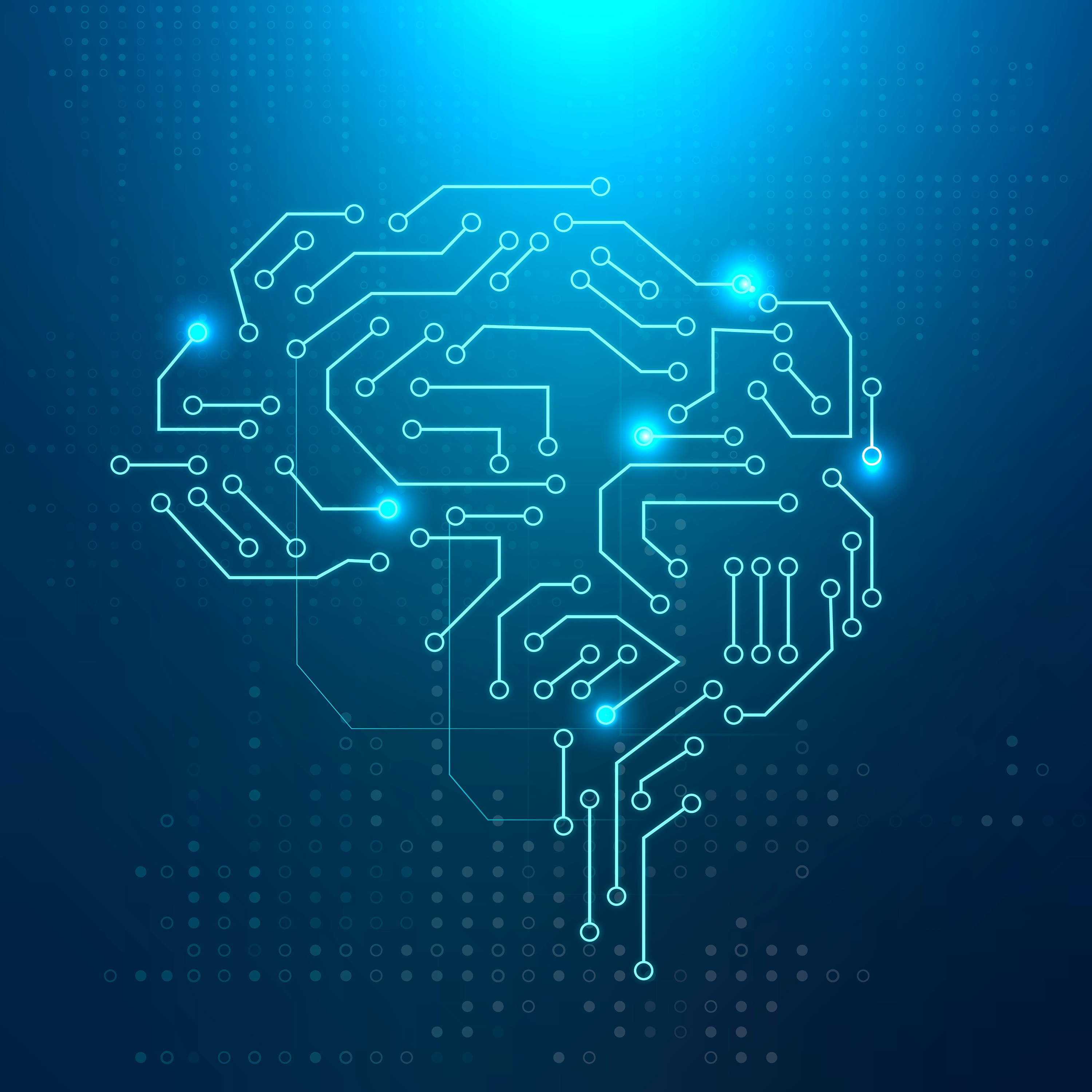Cognitive Technology the Future of Automation
Fri, 10 Dec 2021
Cognitive technology has frequently been heralded as
the future of automation in a variety of industries. In many ways, advanced AI
can help businesses save time and money. Business leaders can implement significant
changes in their respective industries by leveraging the power of cognitive
technology.
Cognitive automation refers to the ability of
artificial intelligence software systems to learn rules, comprehend languages,
reason with purpose, and interact naturally with humans. It employs several
methods that mimic human thought processes, such as language learning, text
analysis, data mining, and pattern recognition.
Cognitive automation is an excellent business solution
because it combines human strengths like complex problem solving and deep
thinking with machine capabilities like analysing, reading, and processing data
on a large scale. It contributes to expanding the boundaries of human
cognition.
These are extremely strong and powerful systems that can
comprehend, learn, reason, and interact.
Any business can use cognitive technology to organize
a specific activity in order to achieve its objectives. They use rule-based
systems to accurately interpret information from databases via process
automation.
Previously, this process required human intervention
and guidance, but it can now be completed autonomously by a computer or
specialized software.
·
Provide
Analytics for Big Data
·
Machine
Learning
·
Natural
Language Processing
·
Artificial
intelligence
·
Automation
of Processes
Conclusion
There are several benefits to using cognitive
technology in business. It has the potential to significantly reduce costs over
time. It makes learning, planning, reasoning, scheduling, and decision-making
easier. It enables any type of business to organize with the necessary actions
to achieve its objectives. It can also accurately understand information
directly from databases using rule-based systems, allowing for easier process
automation.
Cognitive technology serves as a catalyst for
collaboratively reducing time and expenses, as well as improving and refining
the overall responsiveness of systems that use cognitive technologies.
POPULAR POSTS
The Difference between Digital Marketing and Advertising
Wed, 07 Apr 2021How Chatbot Development Is Transforming Customer Service
Thu, 06 May 2021Why UX And UI Is Important For Mobile Application Development
Sat, 01 May 2021Top Hosted Ecommerce Platforms of 2020
Wed, 07 Apr 2021RECENT POSTS
How Page Speed Affects SEO & Conversion Rates | Real Insights 2026
Tue, 27 Jan 2026Website API Development: How to Boost Scalability & Functionality
Tue, 27 Jan 2026Minimum Budget for Facebook Ads in India in 2025 – What Works
Tue, 20 Jan 2026How PHP and Laravel Help Build Secure Websites | PHP Security
Tue, 20 Jan 2026Why Every Business Needs a Mobile App Today – Simple Guide
Tue, 20 Jan 2026









